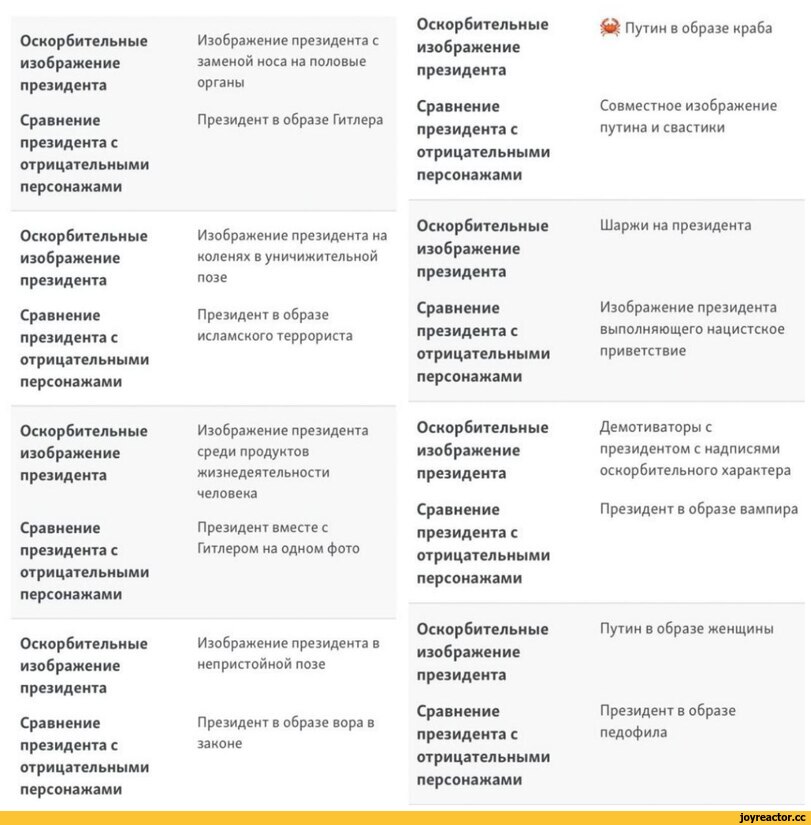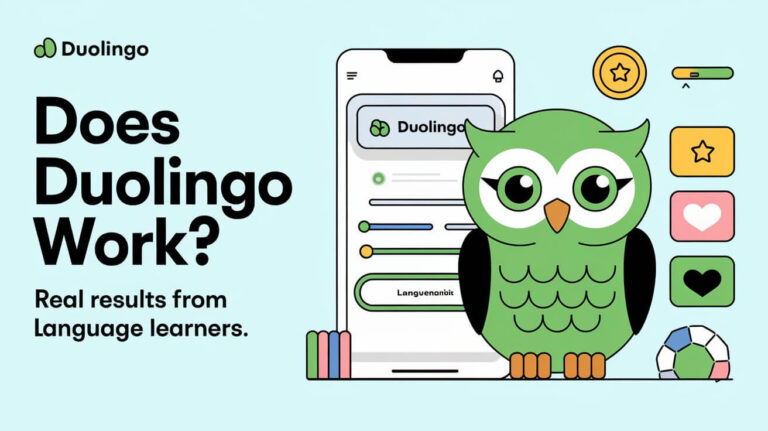Duolingo To Replace Contract Workers With AI: The Implications

Table of Contents
Cost Savings and Efficiency Gains for Duolingo
Duolingo's decision to utilize AI is primarily driven by the potential for significant cost savings and increased efficiency. This move reflects a broader trend in the tech industry towards automation.
Reduced Labor Costs
Replacing human workers with AI translates to substantial financial benefits for Duolingo.
- Lower salaries: AI doesn't require salaries, benefits, or paid time off.
- Reduced benefits costs: Eliminating the need for employee benefits packages significantly reduces overhead.
- 24/7 availability of AI: Unlike human workers, AI can operate continuously, processing data and providing services around the clock.
- Potential for increased output: AI can often process information and complete tasks far more quickly than humans, leading to increased productivity.
For example, tasks like grading user responses, providing feedback, and generating new learning materials, currently handled by contract workers, can be automated by AI, potentially leading to significant cost reductions.
Improved Scalability and Speed
AI allows Duolingo to scale its operations and respond to user needs more effectively.
- Faster content creation and updates: AI can rapidly generate new learning materials, adapting to changing user needs and incorporating new linguistic data.
- Ability to personalize learning experiences at scale: AI can analyze individual user performance and tailor learning paths to optimize individual progress, something difficult to achieve manually at scale.
- Quick adaptation to new languages and features: Adding new languages or features becomes significantly faster with AI, allowing Duolingo to maintain its competitive edge.
Imagine AI rapidly expanding Duolingo's language offerings to include lesser-known languages or creating highly personalized learning paths for millions of users simultaneously—a feat impossible with a purely human workforce.
Impact on Contract Workers and the Gig Economy
The integration of AI at Duolingo has a significant impact on contract workers and the broader gig economy.
Job Displacement and Unemployment
The shift towards AI-driven automation directly threatens the livelihoods of contract workers whose tasks can be automated.
- Loss of income: Contract workers risk losing their primary source of income.
- Difficulty finding alternative employment: The skills possessed by some contract workers may not be easily transferable to other industries.
- Lack of job security in the gig economy: Contract work inherently lacks the stability and benefits of traditional employment.
- Need for retraining and upskilling: Many contract workers will need to acquire new skills to remain competitive in the changing job market.
Reports indicate a growing vulnerability for contract workers in the tech industry, highlighting the need for proactive measures to mitigate the negative impacts of automation.
The Ethical Considerations of AI-Driven Job Displacement
Duolingo and similar companies face ethical responsibilities when implementing AI-driven automation that leads to job displacement.
- Fair compensation for displaced workers: Companies should consider providing severance packages or retraining opportunities for affected workers.
- Investment in retraining programs: Investing in programs to equip workers with the skills needed for new jobs is crucial.
- Transparency about AI implementation: Open communication with workers about the impact of AI is essential.
- Consideration of social impact: Companies must consider the broader social consequences of job displacement caused by automation.
The debate surrounding the ethical implications of prioritizing profit over human employment is a complex one, demanding careful consideration and responsible action from companies like Duolingo.
The Future of Language Learning and AI Integration
While AI replacing contract workers raises concerns, AI integration also holds potential benefits for language learners.
Enhanced Learning Experiences
AI can significantly enhance the language learning experience for Duolingo users.
- Personalized feedback and learning paths: AI can tailor feedback and learning materials based on individual learner progress.
- Adaptive assessments: AI can dynamically adjust the difficulty of assessments based on user performance.
- 24/7 availability of support: AI-powered chatbots can provide immediate support and answer user queries.
- Gamified learning experiences enhanced by AI: AI can create more engaging and interactive learning experiences through personalized challenges and rewards.
Imagine a language learning experience that constantly adapts to your needs, providing personalized feedback and challenges, available anytime, anywhere.
Challenges and Limitations of AI in Language Learning
Despite the potential benefits, AI also faces challenges in language learning.
- Dependence on data quality: The accuracy and effectiveness of AI heavily depend on the quality of the data it's trained on.
- Lack of human interaction and emotional intelligence: AI cannot replicate the nuanced understanding and empathy of human tutors.
- Potential biases in algorithms: AI algorithms can reflect and amplify existing biases in the data they are trained on.
- Limitations in understanding nuanced language: AI may struggle with complex grammatical structures, idioms, or cultural nuances in language.
AI should be viewed as a supplementary tool, not a complete replacement for human interaction in language learning.
Conclusion
Duolingo's decision to leverage AI to replace contract workers presents a complex scenario with both benefits and drawbacks. While it offers the potential for cost savings and improved efficiency, it also raises serious ethical concerns about job displacement and the future of work in the gig economy. The impact of AI replacing contract workers necessitates careful consideration of ethical implications and proactive strategies to mitigate potential negative consequences.
Call to Action: Understanding the implications of AI integration in language learning apps like Duolingo is crucial. Let's continue to discuss the ethical considerations and potential solutions to ensure a fair and equitable transition as AI becomes increasingly prevalent in various industries. What are your thoughts on the impact of AI replacing contract workers? Share your opinions and experiences in the comments below.

Featured Posts
-
 Document Amf Edenred 2025 E1029244 Guide De Lecture
Apr 30, 2025
Document Amf Edenred 2025 E1029244 Guide De Lecture
Apr 30, 2025 -
 Poslednie Novosti O Zdorove Materi Beyonse
Apr 30, 2025
Poslednie Novosti O Zdorove Materi Beyonse
Apr 30, 2025 -
 Reaktsiya Kanady Na Trampa Oskorbitelnye Zayavleniya V Adres Prezidenta S Sh A
Apr 30, 2025
Reaktsiya Kanady Na Trampa Oskorbitelnye Zayavleniya V Adres Prezidenta S Sh A
Apr 30, 2025 -
 Duolingo And Ai The Future Of Contract Work
Apr 30, 2025
Duolingo And Ai The Future Of Contract Work
Apr 30, 2025 -
 Trumps Address To Congress A Divided Nation Awaits
Apr 30, 2025
Trumps Address To Congress A Divided Nation Awaits
Apr 30, 2025
Latest Posts
-
 Neal Pionk Latest News Trade Rumors And Highlights
Apr 30, 2025
Neal Pionk Latest News Trade Rumors And Highlights
Apr 30, 2025 -
 Wayne Gretzky Fast Facts A Concise Overview
Apr 30, 2025
Wayne Gretzky Fast Facts A Concise Overview
Apr 30, 2025 -
 Understanding Wayne Gretzky Through Fast Facts
Apr 30, 2025
Understanding Wayne Gretzky Through Fast Facts
Apr 30, 2025 -
 Wayne Gretzky Key Facts And Statistics
Apr 30, 2025
Wayne Gretzky Key Facts And Statistics
Apr 30, 2025 -
 Essential Wayne Gretzky Fast Facts For Hockey Fans
Apr 30, 2025
Essential Wayne Gretzky Fast Facts For Hockey Fans
Apr 30, 2025
